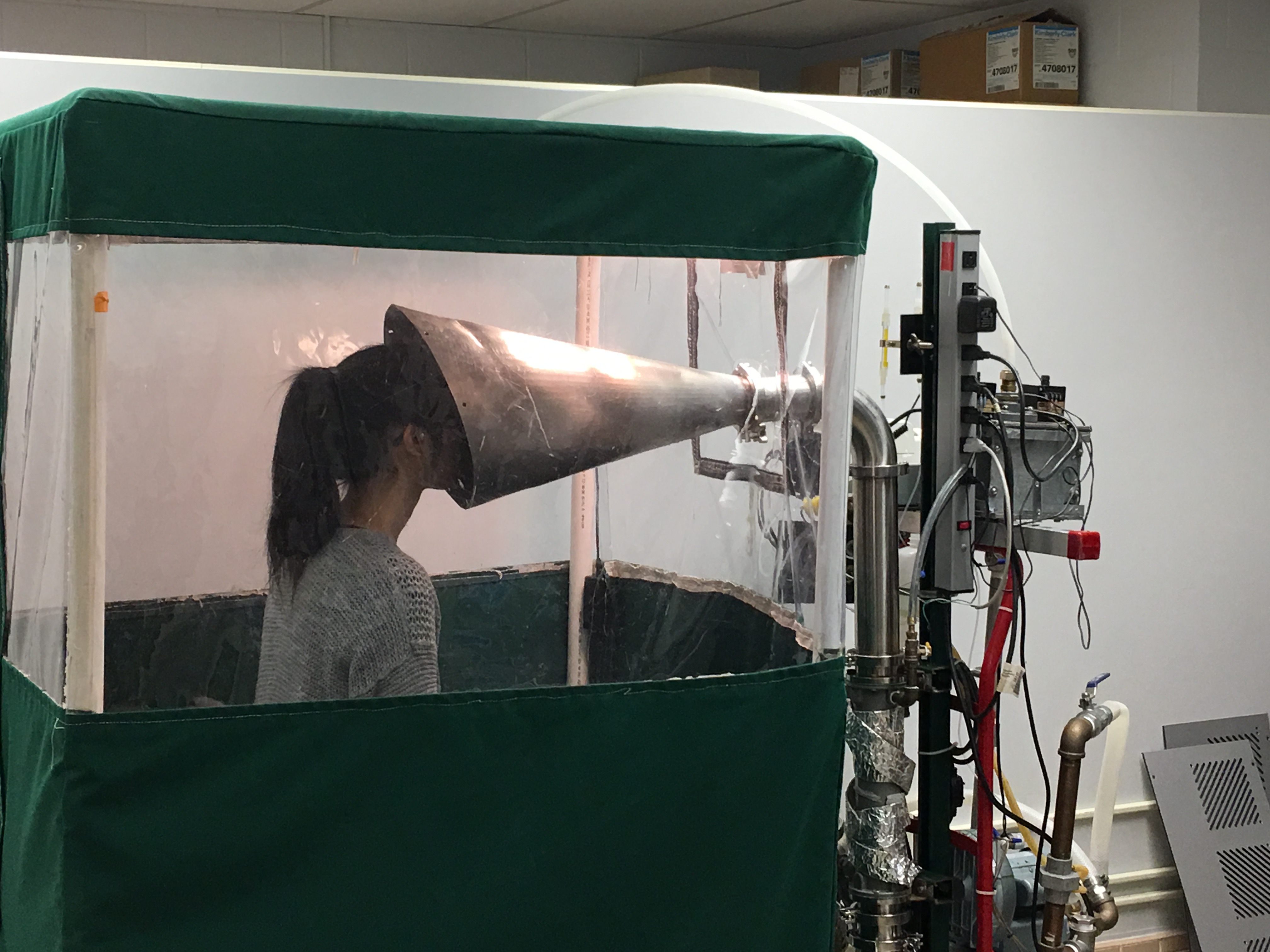Like it or not, COVID-19 is still with us. Masks are among our best lines of defence against airborne pathogens – not just SARS-CoV-2 – and, though many of us would prefer to consign them to the past along with all that sourdough we baked during lockdown, it’s important we keep learning the best ways to use these interventions to help protect us. A new study has confirmed that one type of COVID-19 mask outperforms the rest, while reiterating that wearing any mask is a positive choice for health.
“The research shows that any mask is much better than no mask, and an N95 is significantly better than the other options. That’s the number one message,” said senior study author and airborne disease expert Dr Donald Milton of the University of Maryland, in a statement.
Beginning way back in the toilet-paper-hoarding days of May 2020, Milton’s team began looking at the impact that face coverings could have on the spread of the infection. They consistently found that four common types of masks could significantly prevent an infected person from contaminating the air around them, even when they hadn’t received training on how to fit the mask correctly.
Their investigations were aided by a steampunk-esque contraption called the Gesundheit II Machine. Participants with mild COVID-19 stick their faces inside a conical device that resembles an old-fashioned loudspeaker or phonograph for 30 minutes at a time, both with and without a mask. While they breathe, speak, sing Happy Birthday, and shout, the machine allows the researchers to measure how many virus particles they are exhaling.

The Gesundheit II, in all its glory.
Image credit: University of Maryland School of Public Health
Over a period of almost two years, from June 2020 to May 2022, the team collected breath samples from 44 people. They focused on four different types of masks: cloth masks, surgical masks, KN95 masks, and “duckbill”-shaped N95 respirators.
“Data from our study suggests that a mildly symptomatic person with COVID-19 who is not wearing a mask exhales a little over two infectious doses per hour,” explained first author Dr Jianyu Lai. “But when wearing an N95 mask, the risk goes down exponentially.”
In fact, the duckbill N95 blocked 99 percent of large particles and 98 of small particles from escaping, making it the clear choice. Milton puts it down to the design of the mask, with a tight seal, powerful filter, and large airspace inside thanks to its trapezoid shape, which sticks out from the face like, well, a duck’s beak.
That’s not to say, however, that you should throw out all your cloth masks. They outperformed both surgical and KN95 masks – a surprising result, given that KN95 masks have become a popular choice largely because they’re perceived as higher performance than other options.
Milton suggests that cloth masks tend to have better coverage around the face, and the lower flow resistance means less air is forced out of the sides of the mask than with either surgical or KN95s.
“Duckbill N95 masks should be the standard of care in high-risk situations, such as nursing homes and health care settings,” said Lai. “Now, when the next outbreak of a severe respiratory virus occurs, we know exactly how to help control the spread, with this simple and inexpensive solution.”
But for people going about their everyday lives, it’s heartening to know that if you can’t get hold of a duckbill mask, a simple cloth mask can still be very effective. We don’t know where the next pandemic is coming from, but one candidate that’s on everyone’s radar is H5N1 avian flu – as an airborne virus, masks will no doubt play a key role in any public health response that may become necessary.
“Our research shows definitively why it’s so important to have non-pharmaceutical responses like wearing masks, and why we need studies like this to illuminate which masks are most effective,” Milton said.
The study is published in eBioMedicine.
Source Link: One Type Of COVID Mask Works Better Than The Rest – But Any Beats No Mask At All